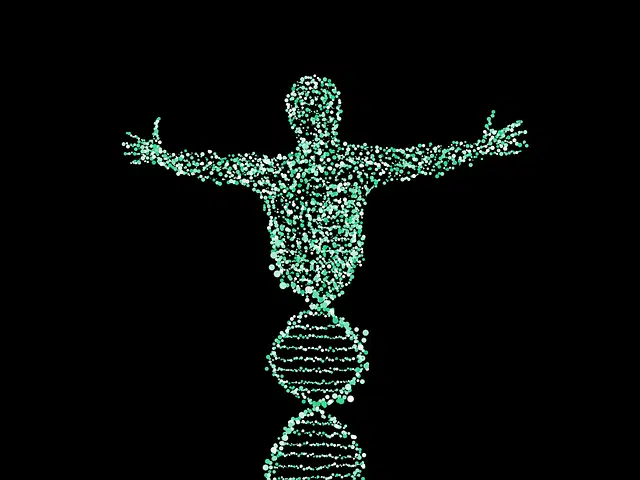
For biological determinism, the behavior of individuals depends on their genes and not on social or cultural factors.
The etymological origin of the word determinism that we are now going to analyze is found in Latin. And it is composed from the sum of three Latin components:
• The prefix “de-“, which is used to indicate a “top to bottom” direction.
• The verb «terminate», which is synonymous with «putting a limit» or «containing».
• The suffix «-ism», which can be translated as «doctrine».
Determinism can be defined as the doctrine or theory that states that all phenomena or events are determined for some reason. This implies understanding reality as the direct consequence of a cause.
Determinism in biology
The idea of determinism can be applied in different areas. In biology , the idea of determinism refers to the explanation of the behavior of living organisms according to the characteristics of their genes . This means that human beings and animals act according to their evolutionary adaptation and what genetics dictates.
Biological determinism would ultimately mean that people are not free, since they behave according to innate and hereditary characteristics. Therefore, there are individuals who would have reprehensible behaviors that could not be modified even if society strives for their readaptation.

In religion, determinism maintains that human actions are determined by divine will.
The concept in geography
In the same way, we cannot ignore the existence of what is known as geographical determinism. This is a German school that was created at the end of the 19th century and whose framework of action is the social sciences .
The creator of the term was none other than Friedrich Ratzel, who made it clear that the environment is what is responsible for determining the actions of man in every corner of the planet.
It must be established that in front of this school is what is called geographical possibilism, also called possibilism. The Frenchman Lucien Febvre was the one who founded that which came to understand that both the environment and human groups are related based on the exploitation of Nature by man, who carries out his own choices and implements different techniques that it uses to establish this "interconnection" with the environment that surrounds it.
Both schools came to exert a harsh confrontation even during the 20th century.
Determinism in religion and economics
In the context of religion , determinism states that people's actions are determined by the will of God . People, in short, could not act according to free will , but would be subject to predestination.
At the economic level, finally, determinism is based on the belief that society evolves according to economic conditions . Any structure or system depends on the ownership of the means of production and the characteristics of the productive forces.
Economic determinism can be seen in Marxism , which divides the social structure into a superstructure (formed by politics, ideology, legislation, etc.) and an infrastructure (the material and economic conditions) that determines it.
